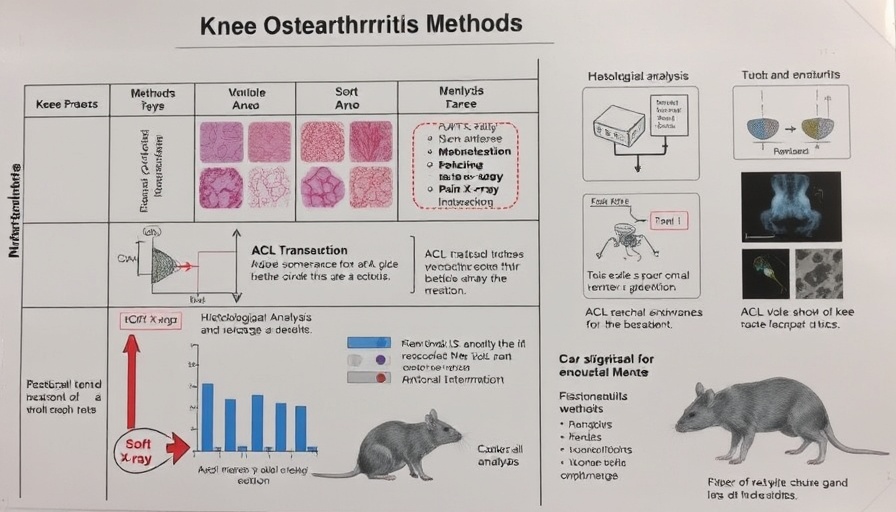
Is Your Back Pain Medication Impacting Your Brain Health?
In recent years, concerns have arisen regarding commonly prescribed medications for back pain, most notably non-steroidal anti-inflammatory drugs (NSAIDs) such as ibuprofen. A burgeoning body of research suggests a potential connection between these medications and adverse effects on brain health, particularly among certain patient populations. Understanding this link is essential for patients who rely on these medications for relief.
The Science Behind Pain Management and Brain Risks
The effectiveness of NSAIDs in alleviating pain is well established, making them a go-to solution for millions suffering from conditions like arthritis and chronic back pain. However, recent studies indicate that these medications may carry cognitive risks, especially if taken over extended periods. Research published in the Journal of Alzheimer’s Disease highlighted a potential association between long-term NSAID use and increased cognitive decline among older adults. Such findings underscore the importance of careful medication management and regular consultations with healthcare providers.
Social Context: Why This Matters
With chronic pain conditions on the rise, particularly in an aging population, millions of individuals find themselves relying on NSAIDs daily. The implications of the latest research extend beyond individual health, raising questions about the broader healthcare landscape. If a segment of the population is at increased risk for cognitive decline due to medication use, healthcare systems must adapt to educate patients on alternative pain management strategies.
Exploring the Counterarguments
While the potential risks are concerning, it is also important to note that NSAIDs can provide much-needed relief for those with chronic pain conditions. Some experts argue that the cognitive risks associated with NSAID use are overshadowed by their benefits in improving quality of life. This perspective emphasizes a balanced approach, where patients weigh the risks and benefits in consultation with their healthcare providers.
Current Events and Trends in Pain Management
The evolving understanding of medication risks is influencing current trends in pain management. Alternative therapies, such as acupuncture, physical therapy, and mindfulness-based practices, are gaining traction as patients seek holistic approaches that minimize reliance on medications. Moreover, advancements in biotechnology are leading to the exploration of new treatment options, such as gene therapy and biologics, which could revolutionize how chronic pain is managed without the cognitive side effects associated with NSAIDs.
Emotional and Human Interest Angles
For many individuals, chronic pain is more than a physical affliction; it impacts their emotional well-being, relationships, and daily activities. This emotional component highlights the need for a comprehensive approach to pain management that not only addresses physical symptoms but also considers mental health. Stories from patients who have navigated the complexities of pain management can provide invaluable perspectives, shedding light on the personal implications of medication choices.
Actionable Insights: What You Can Do
Patients currently relying on NSAIDs should consider the following actionable steps:
- Consult Your Healthcare Provider: Discuss your current pain management regimen and explore alternative therapies that may offer relief without the cognitive risks.
- Stay Informed: Keep updated on the latest research regarding pain medications and their potential effects on brain health.
- Embrace Holistic Approaches: Consider integrating lifestyle changes, such as regular exercise, stress management techniques, and dietary adjustments.
Conclusion: The Path Forward
As research continues to unfold regarding the links between back pain medications and brain health, it is crucial for patients to remain informed and proactive in their treatment choices. Understanding the potential risks associated with NSAIDs is a vital part of ensuring not just physical relief, but also preserving cognitive function and overall well-being.
 Add Row
Add Row  Add
Add 




 Add Row
Add Row  Add
Add 








Write A Comment